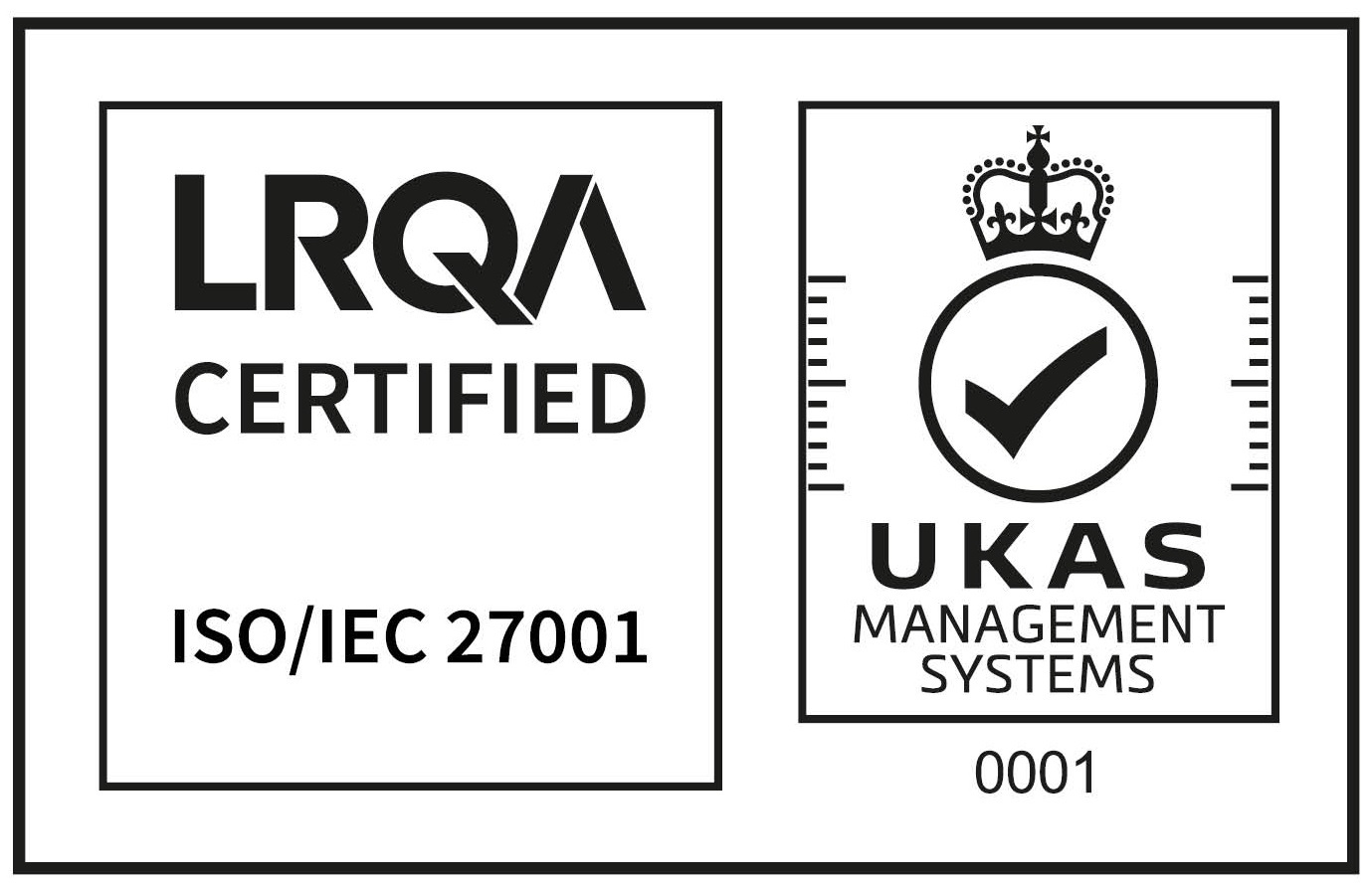Secure Platform from Front to Back
We're an ISO27001 compliant organization and we're proud of the way we handle the security of our customers' data. Back by Microsoft's highly secure Azure environment, you can be confident that your data is protected in ActiveNav Cloud. If want to understand more we recommend you started by reviewing our security summary "Data Security in ActiveNav Cloud" before looking at other artifacts available for download below

